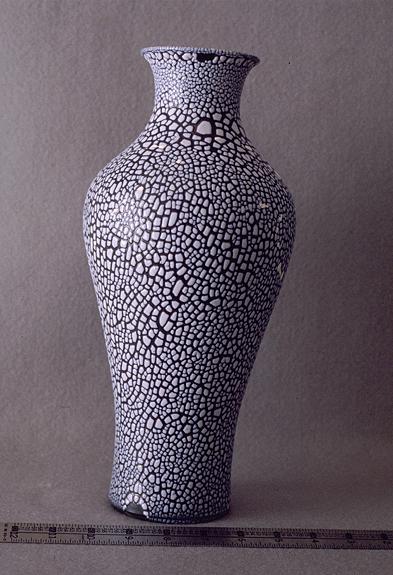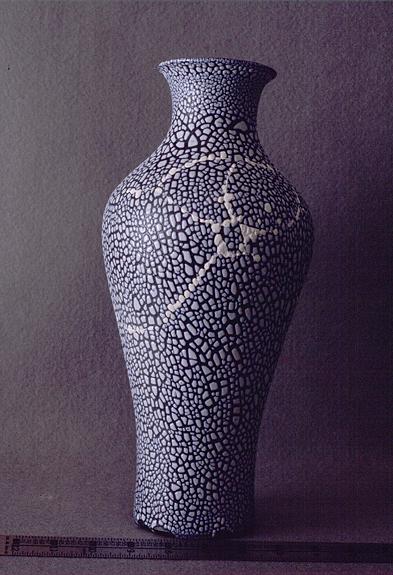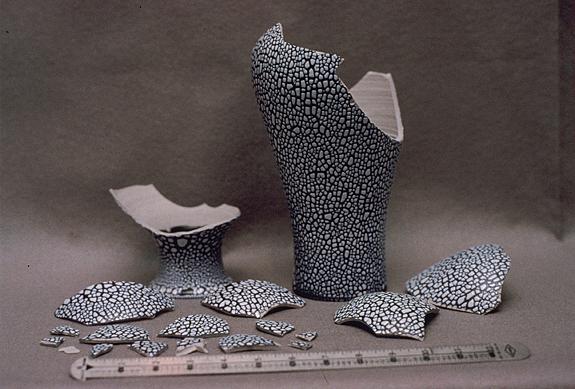 Thoughts on Zen from a Theravādin perspective*
Thoughts on Zen from a Theravādin perspective*
Students of Theravādin Buddhism will no doubt find such statements to be a bit peculiar. In Theravāda, as well as most Tibetan Buddhism, their is an emphasis on gradual personal/moral/spiritual development on the path to awakening. Teachings of a gradual path are found throughout the Pāli Canon, the preserved teachings of the Buddha from the Theravādin tradition. Indeed the Buddha’s own life, and numerous past lives, reflect this gradual perfection of virtues en route to nibbāna.
However, over time in Buddhism there developed an idea of sudden awakening. Whether this development was primarily made by philosophical-literary monks such as those who wrangled over the vast Abhidharma literature, or by so-called forest meditators, alone in deep practice, is unknown. In fact these divisions may themselves be false and unhelpful. In either case, the basic idea behind sudden awakening is that the mind is primordialy pure, only shrouded by later defilements. This idea itself is found in the Pāli Canon (from Accesstoinsight.org):
“Luminous, monks, is the mind.1 And it is defiled by incoming defilements.” {I,v,9}
“Luminous, monks, is the mind. And it is freed from incoming defilements.” {I,v,10}
“Luminous, monks, is the mind. And it is defiled by incoming defilements. The uninstructed run-of-the-mill person doesn’t discern that as it actually is present, which is why I tell you that — for the uninstructed run-of-the-mill person — there is no development of the mind.” {I,vi,1}
“Luminous, monks, is the mind. And it is freed from incoming defilements. The well-instructed disciple of the noble ones discerns that as it actually is present, which is why I tell you that — for the well-instructed disciple of the noble ones — there is development of the mind.” {I,vi,2}
And the Pāli (from AN i 5 and 6, here and here):
49. ‘‘Pabhassaramidaṃ, bhikkhave, cittaṃ. Tañca kho āgantukehi upakkilesehi upakkiliṭṭha’’nti. Navamaṃ.
50. ‘‘Pabhassaramidaṃ, bhikkhave, cittaṃ. Tañca kho āgantukehi upakkilesehi vippamutta’’nti. Dasamaṃ.
51. ‘‘Pabhassaramidaṃ , bhikkhave, cittaṃ. Tañca kho āgantukehi upakkilesehi upakkiliṭṭhaṃ. Taṃ assutavā puthujjano yathābhūtaṃ nappajānāti. Tasmā ‘assutavato puthujjanassa cittabhāvanā natthī’ti vadāmī’’ti. Paṭhamaṃ.
52. ‘‘Pabhassaramidaṃ , bhikkhave, cittaṃ. Tañca kho āgantukehi upakkilesehi vippamuttaṃ. Taṃ sutavā ariyasāvako yathābhūtaṃ pajānāti. Tasmā ‘sutavato ariyasāvakassa cittabhāvanā atthī’ti vadāmī’’ti.
No time now for linguistic analysis, but Thanissaro Bhikkhu’s comments (see link above) on this statement are helpful for understanding it in the Therāvadin context. But in the developing Mahāyāna thought, this statement pointed to a profound truth in the nature of the individual: that we all have within us an essence of awakening. To realize this, not just intellectually but in one’s whole being, would be awakening.
The statement: “When you are you, Zen is Zen” points to that original nature. It points to the fact that no defilement is essential, none of your problems are yours or you. YOU are not an angry person or a jealous person or a depressed person. You are you.
 It’s like taking a hammer to a beautiful porcelain vase. Tap it and cracks begin to appear. Tap more and the whole thing begins to fall apart, pieces falling to the ground. The vase is the you that has been constructed through a thousand-million thoughts and actions and words. Thinking, “I am a depressed person” and saying to others “Oh, I have depression” and acting this out, we polish our vase of depression. This is not to minimize the reality, for us, of depression. But it is only a reality for you because it has been constructed and maintained all this time. It is not you.
It’s like taking a hammer to a beautiful porcelain vase. Tap it and cracks begin to appear. Tap more and the whole thing begins to fall apart, pieces falling to the ground. The vase is the you that has been constructed through a thousand-million thoughts and actions and words. Thinking, “I am a depressed person” and saying to others “Oh, I have depression” and acting this out, we polish our vase of depression. This is not to minimize the reality, for us, of depression. But it is only a reality for you because it has been constructed and maintained all this time. It is not you.
 The statement, “When you are you, Zen is Zen” tries to stop another kind of vase-building, spiritual vase-building. When we enter on the path, it is easy to desperately want to get it right, to have profound realizations, to make progress. We can strive and set goals, and strive toward them. As we do so, we may wonder, “is this right? Is this ‘Zen’?”
The statement, “When you are you, Zen is Zen” tries to stop another kind of vase-building, spiritual vase-building. When we enter on the path, it is easy to desperately want to get it right, to have profound realizations, to make progress. We can strive and set goals, and strive toward them. As we do so, we may wonder, “is this right? Is this ‘Zen’?”
The answer is, “No. When you are you, Zen is Zen.”
We think we are the vase, this delicate collection of clay and mineral and colors and polish. Just like we think we are our possessions, our career, our family, our spirituality. But this is all mere self-cherishing; the very activity that Buddhism seeks to undercut. And if your practice doesn’t undercut it, reality will for you. Possessions will fade, careers will be lost, people will die or slip out of touch. In self-cherishing we scramble to fill the hole, find new things and activities and people. And this can fill one’s whole life: getting, losing, getting new, losing again. A life of reactivity.
 This life of scrambling is not only exhausting and unfulfilling, it cuts us off fundamentally from others and the world. We are so busy cramming everything into our gaps that we too rarely stop to look closely at who we are with, what we are doing. Look closely. Slow down. It is only when you look fully that you are you and Zen is Zen. tap the vase. Watch it crack and crumble. As the pieces of the vase fall to the ground, you see that you were not the vase all along.
This life of scrambling is not only exhausting and unfulfilling, it cuts us off fundamentally from others and the world. We are so busy cramming everything into our gaps that we too rarely stop to look closely at who we are with, what we are doing. Look closely. Slow down. It is only when you look fully that you are you and Zen is Zen. tap the vase. Watch it crack and crumble. As the pieces of the vase fall to the ground, you see that you were not the vase all along.
You are the space that the vase occupied: unfettered, unbounded, undefiled, free.
As Dogen Zenji wrote in his Genjo Koan:
To study the Buddha way is to study the self.
To study the self is to forget the self.
To forget the self is to be enlightened by the ten thousand dharmas.
To be enlightened by the ten thousand dharmas is to free one’s body and mind and those of others.
No trace of enlightenment remains,and this no-trace continues endlessly.
* The post is subtitled, Thoughts on Zen from a Theravādin perspective, but even “Theravādin” is of course a piece of that vase that one can cling to, polishing it with Pāli studies, Vipassanā meditation, and visits with this or that teacher. The quote, “When You are You, Zen is Zen” is from Shunryu Suzuki Roshi, quoted in a wonderful talk by Edward Brown on Facets of Self.
** broken vase images from http://www.collectioncare.org/treatm/treatmwv.html (ironically a company that repairs and restores broken vases)











